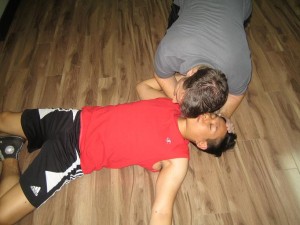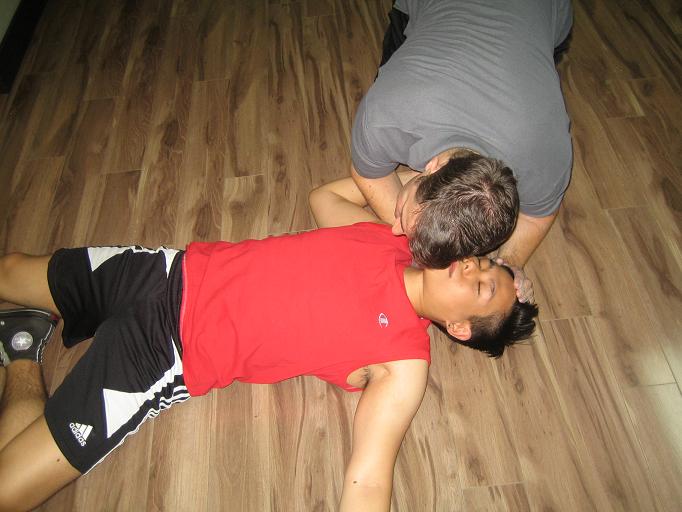Fainting involves brief loss of consciousness. It is usually triggered by a momentary loss of blood supply to the brain and can be an indication of a serious condition. Any individual of any age can experience fainting but the elderly might have a detrimental underlying reason.
When to seek medical care
Since fainting can be triggered by a serious health condition, all episodes must be taken seriously. Any individual who has an initial episode of fainting should be assessed by a doctor as soon as possible.
If the individual has a history of fainting and a specific diagnosis for the episodes, he/she must inform the doctor if another episode occurs. The doctor can decide if the individual requires further assessment.

Self-care measures at home
If possible, assist the individual who fainted steadily to the ground to reduce injury.
- Try to stimulate the individual vigorously by yelling or tapping briskly. Call for emergency assistance if the individual does not respond.
- Check if there is a pulse and start CPR if needed.
- Once the individual recovers, encourage him/her to lie down until the emergency team arrives. Even if you suspect that the cause is harmless, assist the individual to lie down for 15-20 minutes before attempting to stand up again.
- Ask if there are any persistent symptoms such as back pain, headache, chest pain, abdominal pain, shortness of breath, loss of function or weakness since these might indicate a serious life-threatening cause.
Quick Note / Disclaimer
The material posted on this page on fainting is for learning and educational purposes only. To learn to recognize and manage sudden emergencies including fainting, register for a first aid and CPR course with Ottawa First Aid.

